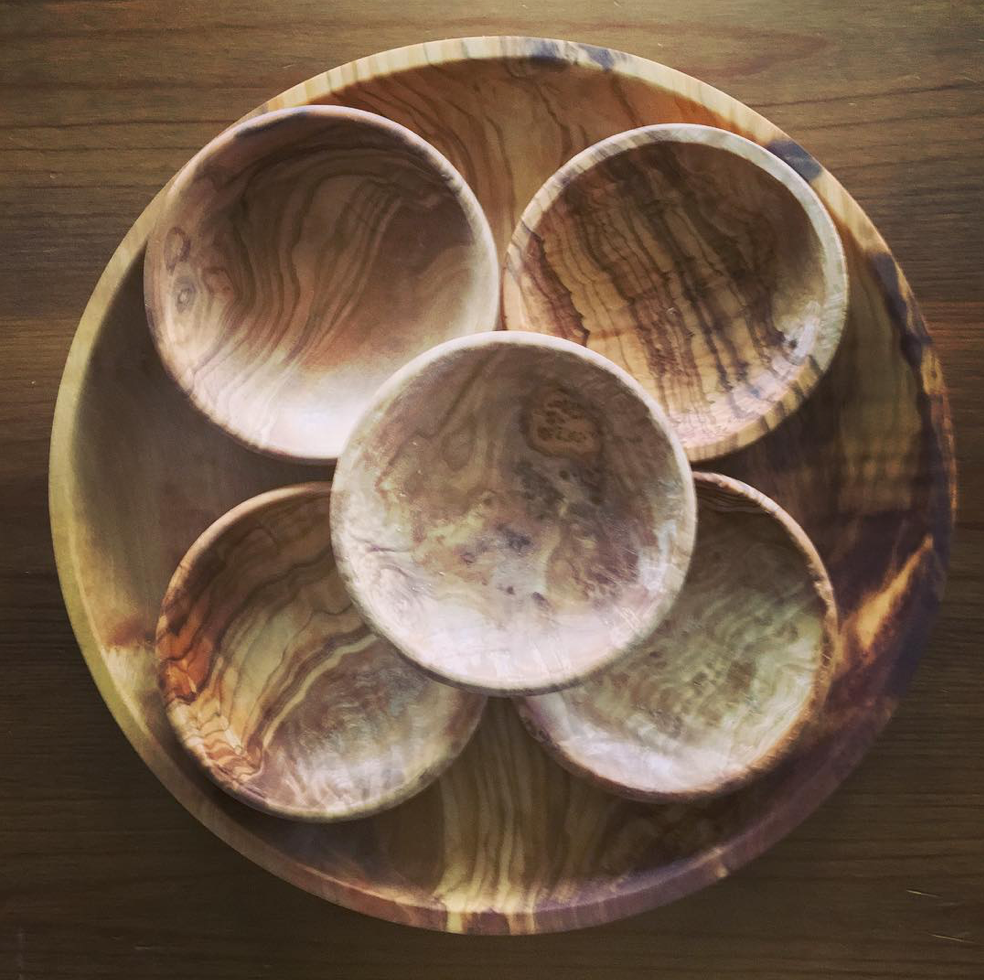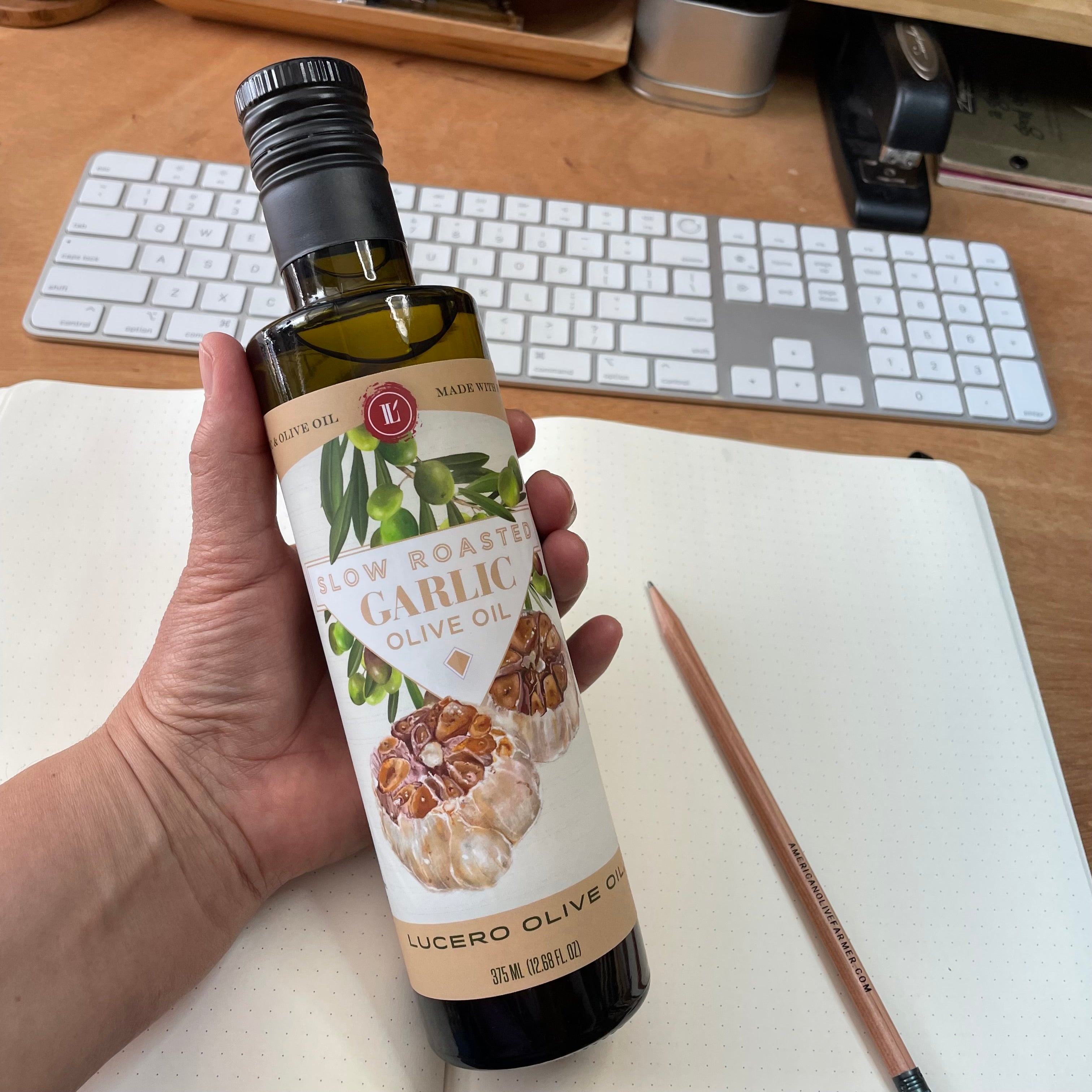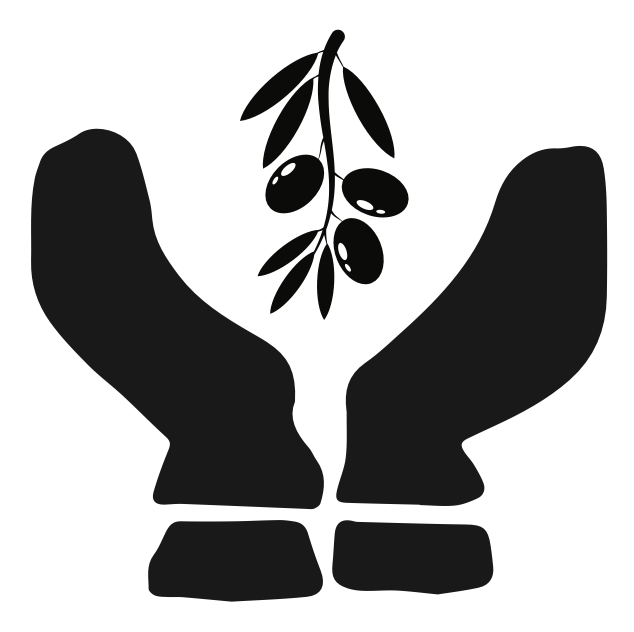
Thoughts on the Care of Olivewood
The care of olivewood is easy, and you likely practice good wood care already, however, in the spirit of thoroughness, here are my thoughts on the care of olivewood and other wooden utensils for culinary use. First, a statement: I love olive oil, but look askance at anyone who suggests it's a good idea for use as a wood conditioner. Olive oil used in this way will oxidize and leave everything it touches smelling like crayons--the distinctive and disagreeable aroma of rancidity. Yuck.
[Image shown above: olivewood which needs to be conditioned.]
Cleaning
You'll find that wiping olivewood with a damp cloth is sufficient for cleaning your item nearly every time. If things get messy, however, a good scrub and a bit of gentle dishwashing liquid won't hurt. Whatever you do, please don't soak olivewood or any of your wooden utensils in water--and never, under any circumstances, put olivewood in the dishwasher.


Conditioning
Your olivewood and other wood products will need conditioning from time to time, even if the piece is decorative and not subject to hand washing. This care is intended for all climates, and especially if you live in arid conditions. If your item is employed in daily use, such as with a kitchen spoon or cutting board, then conditioning is needed regularly to help prevent the piece drying and cracking; it helps prevent the piece from absorbing water, too.
We recommend using food grade mineral oil instead of cooking oil because cooking oils, even refined ones, will oxidize, become rancid, and then devolve into stickiness. If you have a food-safe wood oil for your kitchen counters or other cutting boards, that will work fine.
We also like the idea of classic wood conditioners, sometimes referred to as "wood butter" or "board butter". The most common formulations add beeswax to food grade mineral oil in various ratios depending on the end use -- more wax for harder finishes. A vegan (non-beeswax) alternative might contain carnauba wax, and versions without mineral oil substitute fractionated coconut oil. We've begun producing a wood butter made from beeswax and food grade mineral oil. The beeswax is from our local beekeeper, Olivarez Chico Honey, the same folks who supply our honey and honey comb, and the fragrance is intoxicating. If you don't make your own wood butter, you can order American Olive Farmer Kitchen Wood Butter.
It is common that a newly purchased piece will appear somewhat dry due to transport and storage, so I recommend that you give the olivewood a wipe down and, once clean and dry, massage some oil onto it right away. Allow the oil time to soak overnight, and then wipe away the excess. A woodworker friend who deals in hard rock maple countertops likes to oil new pieces daily for a week or so, then once per week for a few months, then monthly from then on. Most items won't require that much care, however, I mention it to give you a sense of how much conditioning treatment a particularly dry piece might require.
I hope this enhances your long term enjoyment of olivewood. Have you seen my essay on sourcing olivewood? It's here on the post called The Beauty of Olivewood.
- Liz





